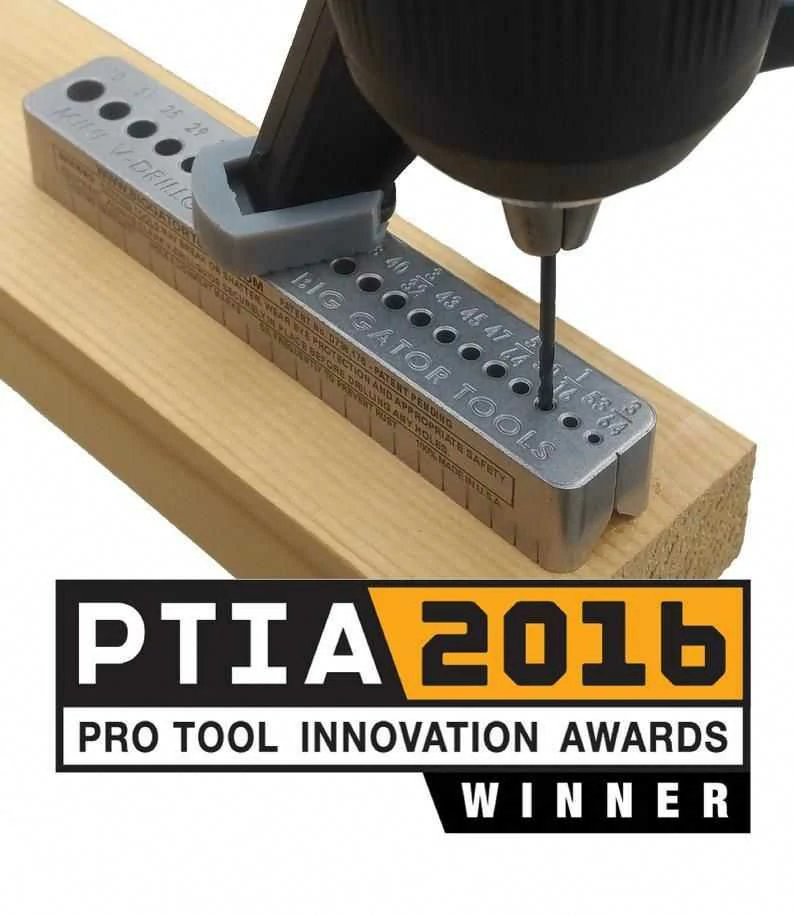How to Choose a Drill Bit
When it comes to selecting the right drill bit for your project, there are several factors to consider. From the material you’re drilling through to the type of hole you need, choosing the correct drill bit is essential for achieving precise and clean results. In this guide, we’ll explore the key considerations for selecting a drill bit that best suits your needs.
Material Considerations
One of the first factors to consider when choosing a drill bit is the material you’ll be drilling into. Different materials, such as wood, metal, concrete, and masonry, require different types of drill bits to achieve optimal results.
For drilling into wood, a standard twist drill bit is often sufficient. These bits typically have a sharp point and flutes along the body to remove chips as the hole is drilled. On the other hand, drilling into metal requires a different approach. HSS (High-Speed Steel) bits are suitable for most metal drilling applications, while cobalt or titanium-coated bits provide additional durability for harder metals. When working with concrete or masonry, a carbide-tipped masonry drill bit is the best choice, as it can effectively penetrate these dense materials without becoming dull quickly.
Drill Bit Types
Drill bits come in various types, each designed for specific applications. Understanding the different types of drill bits and their purposes will help you make an informed decision when selecting the right tool for your project.
The most common types of drill bits include twist, spade, brad point, Forstner, auger, and hole saws. Twist drill bits are versatile and can be used for a wide range of materials, making them a go-to option for many DIY enthusiasts. Spade bits, on the other hand, are designed for drilling large-diameter holes in wood. Brad point bits are ideal for woodworking projects that require clean and precise holes, as they have a sharp center point for accurate positioning. Forstner bits excel at creating flat-bottomed holes, making them the preferred choice for cabinetry and furniture-making. Auger bits are suitable for drilling deep, clean holes in wood, while hole saws are designed for cutting large-diameter holes in wood, plastic, and some metals.
Size and Shank Type
Another crucial consideration when choosing a drill bit is the size of the hole you need to create. Drill bits are available in various diameters, typically ranging from 1/16 inch to 1 inch or larger. Selecting the right size ensures that your hole is neither too small nor too large for the intended application.
Additionally, the shank type of the drill bit is important, as it determines how the bit is secured in the drill chuck. Common shank types include straight shanks, hex shanks, and SDS (Special Direct System) shanks, with each type being compatible with specific types of drills. Ensuring that the drill bit’s shank matches your drill’s chuck is essential for safe and efficient drilling.
Maintenance and Longevity
Proper maintenance of drill bits is essential for extending their lifespan and ensuring consistently high performance. After each use, it’s recommended to clean the bits to remove any debris or residue that could affect their cutting ability. Lubricating the bits with cutting oil or lubricant designed for the specific material being drilled can also help reduce friction and prevent overheating, thus prolonging the life of the drill bit.
Furthermore, investing in high-quality drill bits can significantly impact their longevity and performance. While cheaper, low-quality bits may seem like a cost-effective option initially, they are more prone to dulling quickly and may result in imprecise or rough holes. Opting for reputable brands and high-quality materials, such as cobalt or carbide, can ensure that your drill bits remain sharp and durable over time.
Conclusion
Choosing the right drill bit is crucial for achieving precise, clean, and efficient drilling results. By considering the material, type, size, shank type, and maintenance aspects, you can select the most suitable drill bit for your specific project. Taking the time to choose the right drill bit will not only enhance the quality of your work but also contribute to a safer and more enjoyable drilling experience.
With a wide variety of drill bits available on the market, it’s important to assess your needs and research the options thoroughly before making a purchase. Whether you’re a professional tradesperson or a hobbyist DIYer, the right drill bit is an indispensable tool for successful and satisfying drilling outcomes.
.webp)



